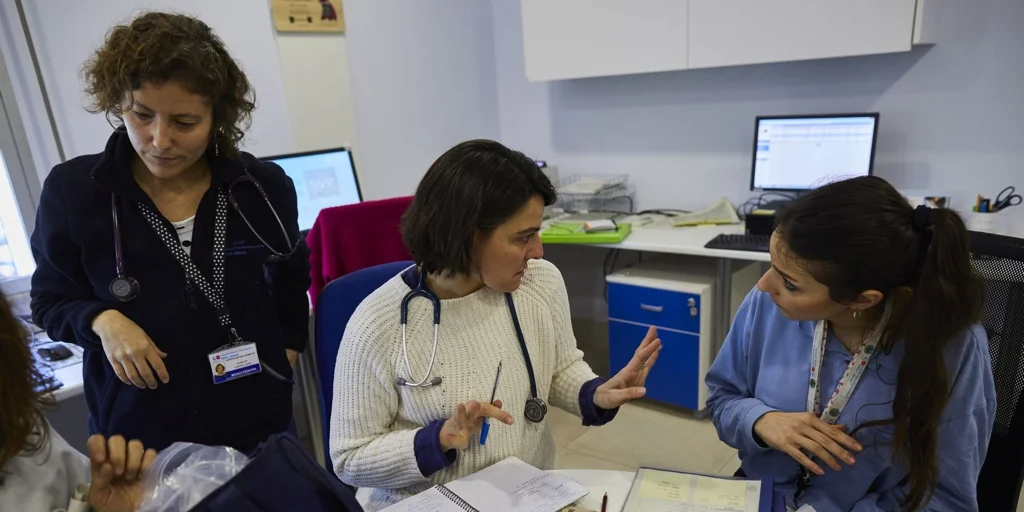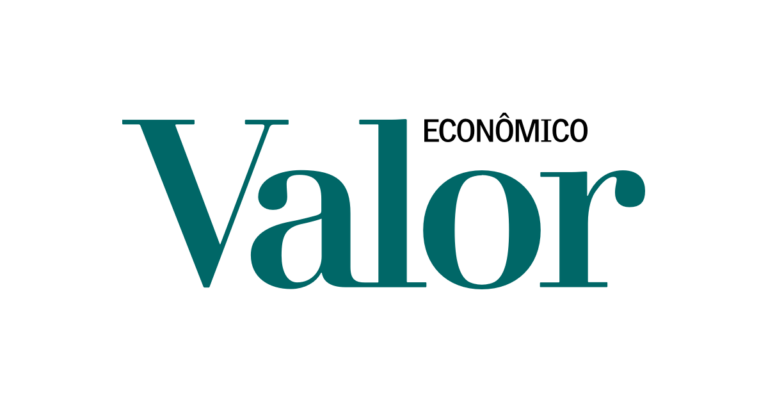
The Madrid community plans to start implementing a digital health pilot project called Personaliz@ by next summer. This is a technology and wireless initiative aimed at hospital patients at home. It consists of a sensor and a sensor-based platform. … A smart device that remotely connects a patient’s home and a health center. This allows remote monitoring of people who, by their own voluntary decision, can continue their recovery process at home and with maximum guarantees.
“This is a plan that aims to bring greater attention to the population, minimize the impact of income on families, avoid unnecessary travel and facilitate recovery in more comfortable conditions,” said Miguel López Valverde, Minister of Digitalization.
This new resource centers around “software” for professionals and patients to communicate via video calls, instant messaging, email, or surveys. This will be linked to intelligent IoT (Internet of Things) devices responsible for transmitting clinical monitoring information such as vital signs and glycemic index.
The initiative has been allocated €4.1 million and is one of the key milestones of the Personalized Digital Care Plan, which will in turn be incorporated into the EU’s Recovery, Transformation and Resilience Plan. In addition to contributing to the efficiency and capacity expansion of specialty care through remote monitoring, the aim is to move towards a hospital model that is more citizen-like.
To enable the entire communication circuit to function, the platform also consists of a web space that can be accessed from different devices so that healthcare professionals can receive and manage information about each individual, and a patient application that can monitor vital signs and symptoms at home and send that information to the hospital.
The platform will be integrated into the Virtual Health Card (TSV), which will integrate all health care services into a single digital channel.
The system should enable digitalization of medical processes and remote monitoring that can be flexibly adapted to each clinical situation, and should be able to be integrated into existing hospital systems, especially electronic medical records, with advanced cybersecurity measures that ensure the protection of medical information and personal data.
This is how the platform works
Depending on the individual care plan defined by the medical team, Personaliz@ allows for two types of monitoring: intensive or decentralized, depending on the protocols designed in the hospital. The first case integrates people who require thorough daily management of their vital records with automatic sensors. To achieve this, the Digitization Bureau will distribute 150 kits. Each kit includes a tablet with an Android system and sensors such as a pulse oximeter, thermometer, blood pressure monitor, glucometer, and weight scale.
Conversely, the second case includes people who need other types of care and do not need these intelligent information-gathering devices. They have applications that allow them to interact by accessing reports and training sessions, as well as manually entering data requested by doctors and nurses in surveys and the like.
Devices with the Patient App installed require connectivity (via Bluetooth or Wi-Fi) with pulse oximeters, blood pressure monitors, thermometers, glucose meters, and scale devices.
training and support
Additionally, a support center will be established that will be responsible for monitoring all these care plans on the technology platform and associating defined and validated action protocols for each of these plans. They will also be responsible for creating audiovisual training and support materials for users to ask questions about their medical conditions and navigating the platform on their tablets.
At home, patients create a care plan and receive notifications whenever vital signs need to be collected or progress questionnaires need to be completed. This is done via a connected wireless sensor or by manually entering the sensor on the tablet or patient app, depending on each case.
In hospitals, clinical managers receive information that is automatically uploaded to a technology platform and notifications are displayed based on programmed criteria. This way, you will be able to stratify patients based on risk, review information, prioritize patients who require priority treatment, and take appropriate action if necessary.
Personaliz@ also incorporates elements of gamification to help patients make positive changes in specific health behaviors through high levels of motivation through the introduction of challenges that include rewards.



